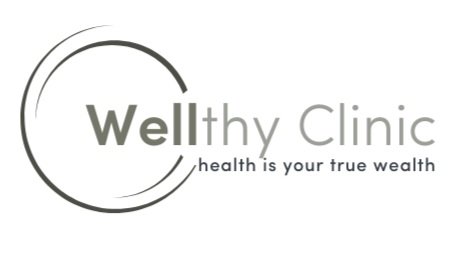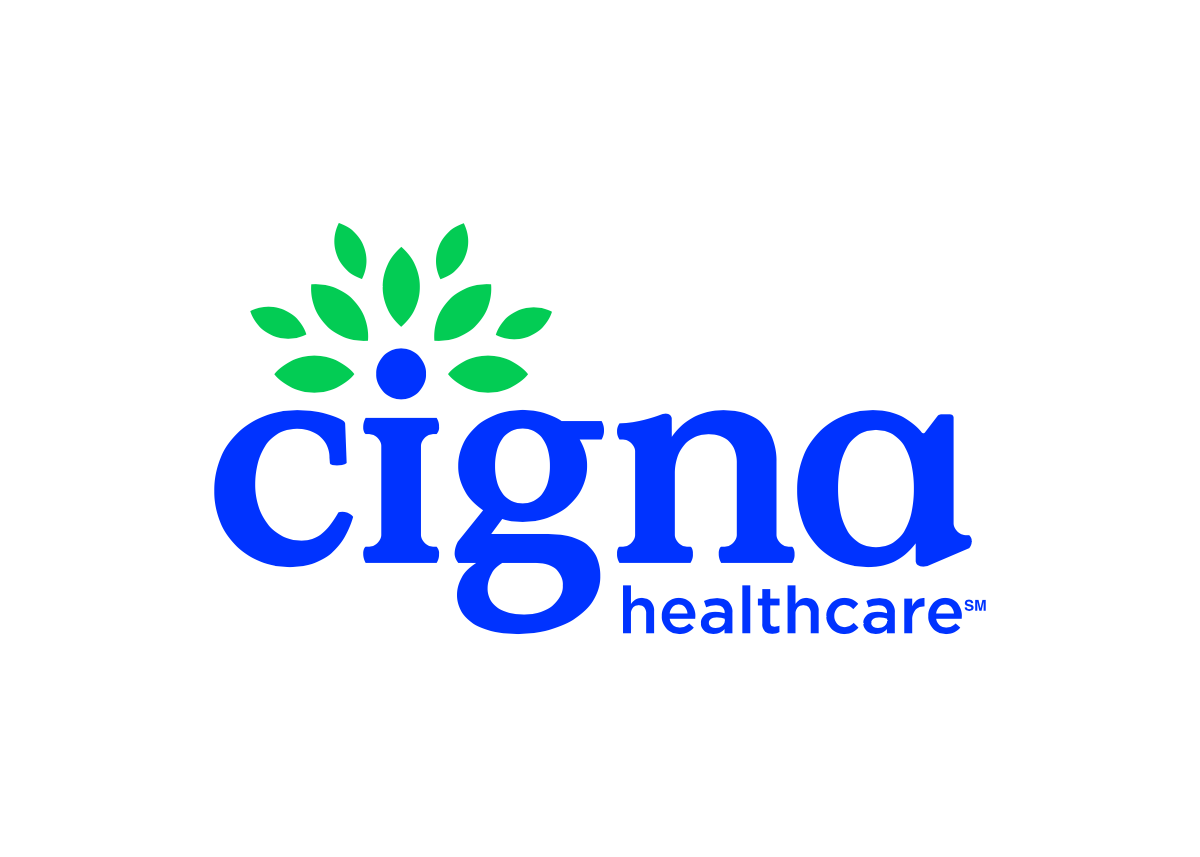Eczema Diet Plan
What is Eczema?
Eczema (or atopic dermatitis) is a common inflammatory skin condition characterised by dry, itchy skin with lesions. Typically, you will see elevated immunoglobulin (Ig) E levels on blood tests and may test positive with allergy tests. There is a close association with asthma or allergic rhinitis (Pizzorno & Murray 2013).
What is the Root Cause of Eczema?
Most commonly, food allergies, leaky gut, gut infections, altered essential fatty acid and prostaglandin metabolism. Also dust mites, moulds and cosmetics are considered environmental triggers. Talking to our nutritionist can help you identify the cause, such as your gut health or Can a Nutritionist Help with IBS?, which could give you the best chance to reduce your symptoms. It will also provide you with a structure for long-term improvement of your symptoms. Initially, an elimination diet could be beneficial, and taking some additional supplements, such as fish oils, zinc, or probiotics, at different stages of your plan may also be helpful. Every individual is different, so gaining a personalised plan will maximise your results.
Eczema is a challenging condition that can affect all aspects of your life. While it can be persistent, symptoms can be improved. In our experience, having a diet plan can help reduce your symptoms.
We have created an Eczema diet plan to help you reduce your symptoms via the use of Nutritional Therapy. This is a useful starting point to help clean your system initially for the first 4-6 weeks. However, it’s generic; it’s not specific to you and hasn’t taken into account any other conditions you may have. So, it’s less likely to be the cause of your problem if you have underlying issues like gut dysbiosis, etc.
Arranging an appointment with our nutritional therapist would take your history into account and may involve organising some functional testing to understand what is causing your symptoms. You will be provided with a specific, structured nutritional plan that includes recipe ideas and advice on the best supplements to take. This will give you the best chance not only to reduce your symptoms but also to gain a sustainable strategy to avoid further flare-ups by addressing the cause. It is essential to view plans as stages and have them reviewed every 4-6 weeks. You would be supported throughout if you had any questions. Clearing up your eczema through your diet takes time and dedication. Typically, you will likely notice an initial positive difference after 4-6 weeks, but it may take several months for your skin to become significantly clearer.
What Foods to Eat to Stop Itching?
Oily fish, plenty of green leafy vegetables, berries and green tea are top of the list. These are anti inflammatory and contain beneficial nutrients (omega 3, antioxidants and flavonoids) which help to nourish eczema-prone skin.
What Foods are good for reducing the symptoms of Eczema?
Foods that help eczema are fatty fish rich in omega 3 such as salmon, mackerel and herring or plant sources like flaxseeds are a good place to start.
Which Foods Trigger Eczema Flare Ups?
The most common are dairy, soy, eggs, wheat, peanuts and chocolate. Also lifestyle factors of drinking excessive amounts of alcohol, smoking and high levels of stress can also contribute to eczema flare up.
Foods to avoid are the common allergens and avoid junk foods as they are high in saturated fats, trans-fats, refined starches and sugars. Also avoid refined foods like white flour, pasta and fizzy drinks. These are all pro-inflammatory foods therefore eliminating them from your diet can be beneficial.
Eczema Diet Plan
It can affect all aspects of your life. Having a plan to address your diet and lifestyle could help reduce your symptoms. A naturopathic nutritional therapist will help you identify the root causes so you can address them.
An effective plan which takes into account your individual constitution will achieve the best results. We will give you a structured plan and advice you on how best to reduce your symptoms. It will not be a quick fix, it will be a journey and it will take time for you to see results. If you are ready to take charge of your own health. Then book your initial consultation face to face at Wellthy Clinic.
Eczema Natural Cure Diet
There are studies to suggest that modifying your diet and taking certain natural supplements can help address the underlying cause of your problem, thereby reducing your symptoms. A recent study (Nosrati et al, 2017) showed that the best skin improvements occurred when white flour products, gluten and nightshades were removed. Additionally, when vegetables, organic foods, and fish oils were added to the diets of 169 patients (Nosrati et al., 2017). However, unsupervised dietary manipulations could potentially lead to nutrient deficiencies, so it’s best to seek advice from a qualified Musculoskeletal Health Clinic London nutritionist.
Is Eczema a Gut Issue?
Gut health is crucial for managing eczema. For example, if you have a food allergy, which is common in eczema, this is thought to contribute to the development of a leaky gut, characterised by increased gut permeability. Studies have shown that diets addressing a leaky gut can be beneficial (Pike et al., 1986). Addressing your mental health with Nutrition for Anxiety can also help a great deal.
Does Turmeric Help with Eczema?
Turmeric is a strong anti-inflammatory and antioxidant. It has been suggested that turmeric may be regarded as a natural, safe, widely available, and inexpensive treatment for managing chronic pruritus (chronic skin itching) (Panahi et al., 2011).
What is the Best Milk for Eczema?
Plant-based alternatives, such as almond, coconut, or hazelnut rice milks, are best as they don’t contain the natural inflammatory arachidonic acid.
Matthew’s Eczema Story
Matthew was an active child and enjoyed team sports, swimming and playing the drums. He really suffered as a child with eczema on his fingers, elbows and tummy. It was particularly bad with the change of seasons going into summer, which meant constant itching, loss of skin on his fingers, and difficulty sleeping due to his discomfort. Sometimes he wasn’t able to hold the sticks to play the drums due to discomfort, and he also avoided swimming because the chlorine would further irritate his skin.
He visited his doctor multiple times for the eczema on his fingers, for which he was prescribed E45 creams and bath oils containing paraffin, but these treatments were ineffective. He returned to the doctor and was then given stronger Eumovate & Betnovate corticosteroid creams (also containing paraffin). This sometimes gave some short-term relief, but again and again it would return stronger and more violent. Matthew then experienced acne on his tummy and lost his skin pigment when he was a teenager. He felt very self-conscious when he went swimming, which significantly affected his confidence, so he went back to the GP. He suggested going to the hospital, where the doctors had never seen this before, so they gave him a local anaesthetic in his symptomatic area and took a biopsy. He was diagnosed with an ‘acne naevus’ as the results were unremarkable. The GP then suggested taking a course of Roaccutane (retinoids). Matthew experienced a low mood whilst taking this medication and didn’t notice a difference in his symptoms. He did not want to take this medication for another course, so he decided just to continue without it and use natural non-steroidal creams. Occasionally, he would have flare-ups but refused to take medications.
It wasn’t until his 30s that he became aware that his digestive health could impact his symptoms. He started to notice he would have flare-ups after consuming alcohol, cow’s milk and eating cheese. With advice from Eleonora Sansoni, he underwent a stool test, which revealed gut dysbiosis and the presence of a parasite that could be contributing to his symptoms. Embracing natural cures, he started a nutrition process. He ate a well-balanced diet, cut out alcohol and dairy for a month and took specific supplements. Gradually, symptoms disappeared, and he couldn’t be happier, no steroid creams or medications and feeling empowered with his own health.
In retrospect, he could have saved a lot of time and discomfort if he had consulted a nutritionist to help guide him. So let us help you! Given this personal experience, we are passionate about helping others at Wellthy Clinic.
Conventional Treatment
Conventional treatment includes topical corticosteroids to treat active eczema. Systemic corticosteroids, such as prednisone, can also be used for short durations. Antihistamines are prescribed to relieve symptoms of itching. Antibiotics are used when clients develop a bacterial infection in the affected area. Treating the skin with steroids may alleviate symptoms temporarily, but it can’t be considered a cure.
What Cream is Best for Eczema?
We recommend a natural, steroid-free cream that helps calm irritated and cracked skin. There are various products on the market, and it is always important to double-check with your nutritionist the ingredients before purchasing to avoid applying harmful chemicals to already irritated skin.
Is the Sun Good for Eczema?
Yes. Regular, safe exposure to sunlight is beneficial for increasing vitamin D levels. Studies have suggested that increasing vitamin D levels can help reduce symptoms (Samochocki et al, 2013; Camargo et al, 2014). Vitamin D deficiency is associated with childhood eczema and high total Immunoglobulin E (Ige) levels (markers of the immune system) (Wang et al., 2014).
Can Taking Vitamin D Help Eczema?
Yes, vitamin D supplementation may help alleviate clinical signs and can be considered a safe and well-tolerated form of therapy (Samochocki et al., 2013).
Private Medical Insurance
Our Nutritional Therapist is qualified through the College of Naturopathic Medicine in London. Eleonora is fully insured and recognised as Cigna nutritionist, WPA nutritionist, Healthshield nutritionist and Westfield Health nutritionist. We always say to call your provider first to check whether they will cover your sessions under your individual policy.
More Resources
Nutrition Plans and Consultations Explained
Rheumatoid Arthritis Root Cause
References
Camargo et al (2014) Randomized trial of vitamin D supplementation for winter-related atopic dermatitis in children Journal of Allergy and Clinical Immunology 134 (4) pp831-835
Nostrati et al (1997) Dietary modifications in atopic dermatitis: patient-reported outcomes Journal of Dermatology Treatment
Panahi et al (2011) Improvement of sulphur mustard-induced chronic pruritus, quality of life and antioxidant status by curcumin: results of a randomised, double-blind, placebo-controlled trial British Journal of Nutrition
Pike et al (1986) Increased intestinal permeability in atopic eczema Journal of Investigative Dermatology. 86:101-104.
Pizzorno & Murray (2012) Textbook of Natural Medicine
Samochocki et al (2013) Vitamin D effects in atopic dermatitis Journal of the American Academy of Dermatology 69 (2) pp238-244
Eleonora Sansoni
Eleonora Sansoni is a Nutritional Therapist who graduated from the College of Naturopathic Medicine. Passionate about helping clients with skin conditions and autoimmunity.









